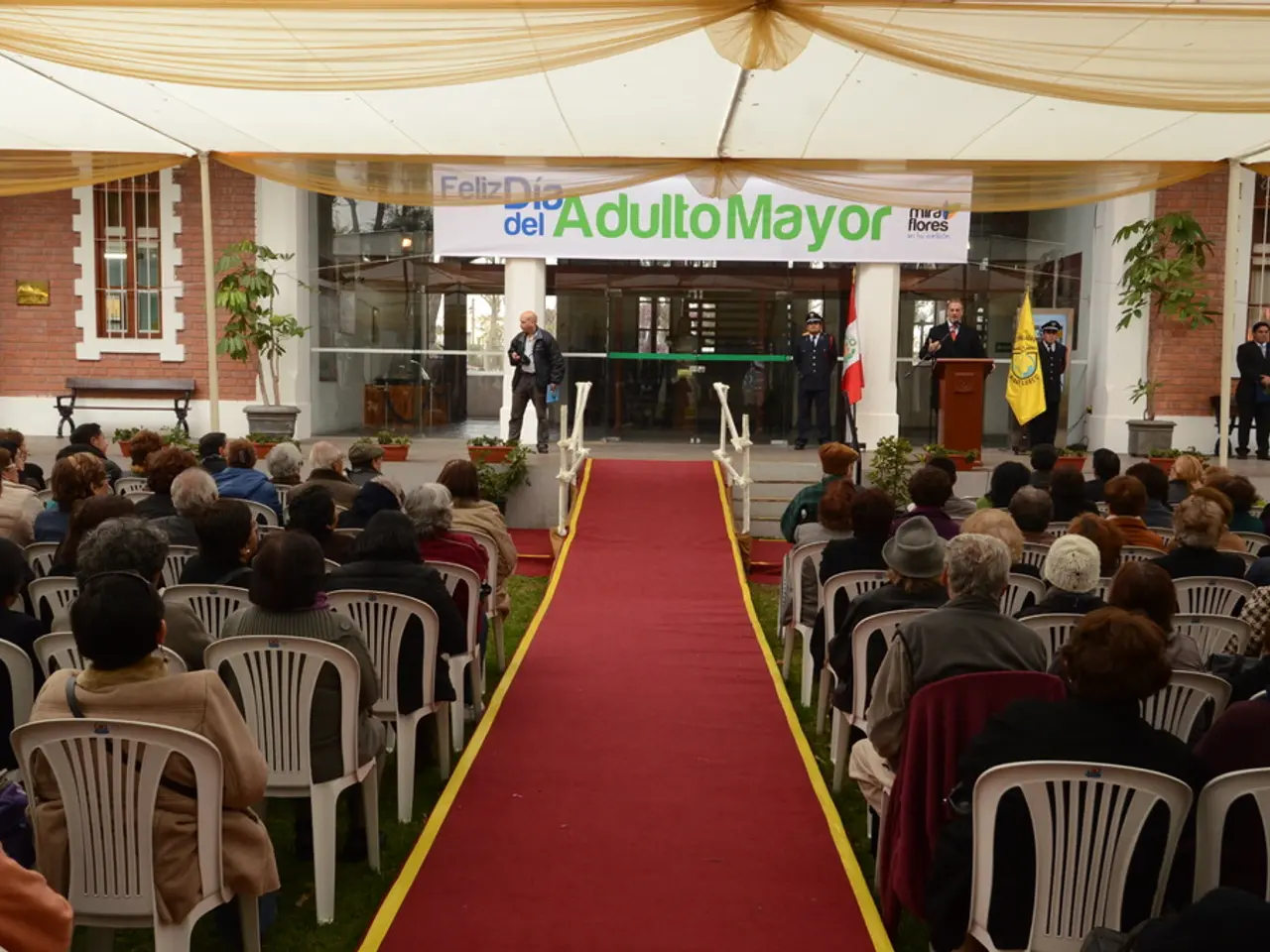Saskatchewan's Premier Moe advises Canada to avoid any reprisals amid the increase in U.S. tariffs
A significant escalation in U.S.-Canada trade tensions took place on August 1, 2025, with the implementation of a 35% tariff on non-CUSMA compliant Canadian goods by the U.S. administration. This tariff increase, up from the previous 25%, targets Canadian products that do not qualify under the United States-Mexico-Canada Agreement (CUSMA), aiming to pressure Canada over alleged insufficient efforts to curb the flow of fentanyl and illicit drugs into the U.S.
Goods qualifying under CUSMA remain exempt from this tariff. However, to prevent evasion, goods transshipped through third countries to bypass the tariff will be subjected to an even higher 40% transshipment tariff. The tariff increase follows Canada’s retaliatory tariffs on U.S. goods, escalating tensions in ongoing trade disputes tied to security and drug trafficking concerns.
The new tariffs have far-reaching implications for Canadian exporters whose goods are not classified under CUSMA. They face significantly higher costs entering the U.S. market, likely increasing prices or reducing competitiveness. Canadian industries heavily dependent on U.S. exports, such as lumber and steel, face vulnerability to these punitive tariffs and their economic fallout.
In response, Canada, including provinces like Saskatchewan, has announced retaliatory tariffs on U.S. imports valued at nearly $30 billion. These tariffs target steel, aluminum, and other key sectors to protect Canadian businesses and signal reciprocal measures. Provincial leaders, especially in resource-driven provinces like Saskatchewan, have voiced concerns about increased costs and disruption to supply chains and exports, highlighting the need for federal government intervention in negotiations.
Saskatchewan Premier Scott Moe, in a public statement, expressed disappointment over the tariffs and plans to engage with U.S. businesses and lawmakers to improve the trade relationship. In addition, Moe plans to eliminate regulations hindering economic development. The tariffs signed by Donald Trump affect 68 countries and the European Union, in addition to non-CUSMA compliant Canadian goods. However, it's important to note that the tariffs do not affect all Canadian exports, only those that are not under CUSMA.
To mitigate economic damage, efforts are being made to ensure the Canada-U.S.-Mexico trade agreement (CUSMA) remains in effect. The "Strong Saskatchewan, Strong Canada Plan" is a proposal by Saskatchewan Premier Scott Moe to the federal government, aiming to focus on strengthening the economy and maintaining the bilateral trade relationship. Saskatchewan will continue to press the federal government to approve economic infrastructure projects and expand its export markets to over 160 countries around the world.
In summary, the 35% U.S. tariff on non-CUSMA compliant Canadian goods represents a significant escalation in U.S.-Canada trade tensions linked to drug enforcement disputes. Canada has already implemented substantial retaliatory tariffs and continues seeking diplomatic and trade negotiation approaches to mitigate economic damage, with provinces like Saskatchewan closely monitoring the impacts on local industries and exports.
- The new 35% tariff imposed by the U.S. administration on non-CUSMA compliant Canadian goods is part of U.S.-Canada trade tensions, aimed at pressuring Canada over alleged insufficient efforts to curb the flow of illicit drugs.
- Canadian exporters whose goods are not compliant with CUSMA face significantly higher costs entering the U.S. market, potentially increasing prices or reducing competitiveness, especially for industries such as lumber and steel.
- In response, Canada has announced retaliatory tariffs on U.S. imports, targeting sectors like steel, aluminum, and others, to protect Canadian businesses and signal reciprocal measures.
- To mitigate economic damage and strengthen the economy, Saskatchewan Premier Scott Moe has proposed the "Strong Saskatchewan, Strong Canada Plan" to the federal government, focusing on maintaining the bilateral trade relationship and expanding export markets.




